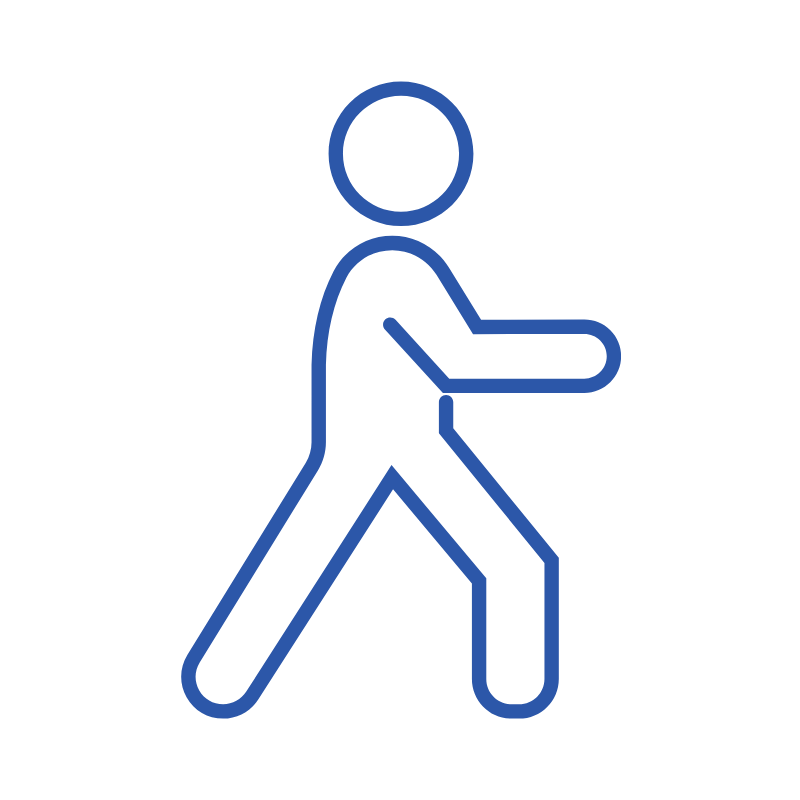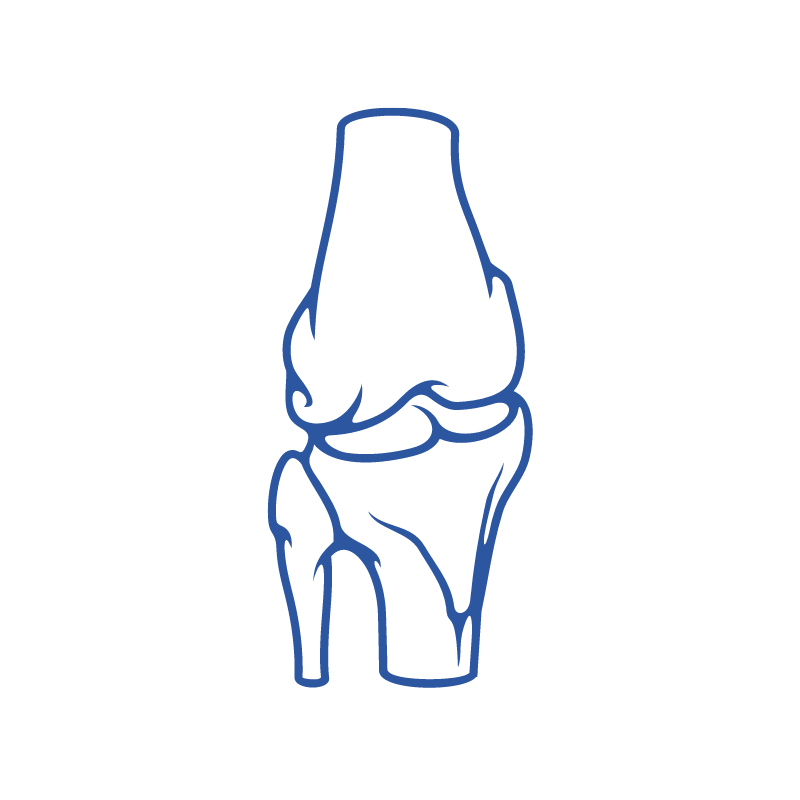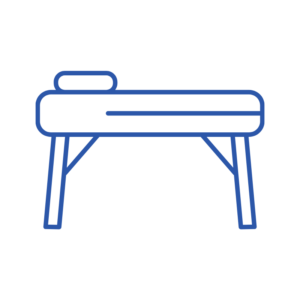Knee Chondral Defects can cause pain due to cartilage damage, which may result in later diagnoses of osteoarthritis.
At Vitalis Physiotherapy, our treatment of chondral defects aim to:
Knee Chondral Defects can cause pain due to cartilage damage, which may result in later diagnoses of osteoarthritis.
At Vitalis Physiotherapy, our treatment of chondral defects aim to:



Cartilage lines and supports the knee joint to allow for smooth movement. Within the knee, articular cartilage acts like a cushion between the tibia (shin bone), patella (kneecap) and the femur (thigh bone). Damage to the cartilage results in painful motion where bones grind against each other – deformities and bone spurs may develop, as well as a co-morbid diagnosis of osteoarthritis.
A chondral defects refers to an acute, specific and localised area of damage to the articular cartilage. Symptoms can be debilitating, and therapy is necessary to heal and manage the cartilage.

The exact cause and severity of a chondral defect can vary, however there are some common factors which may contribute to diagnosis. Injuries are typically acute. These include:
It is commonly diagnosed in 5-10% of people aged over 40, but can also occur in younger people from acute traumatic injury.


If you suspect you have a chondral defect, it is important to see a medical professional. You will likely be referred for an X-Ray or MRI to determine the cause and severity of the condition.
Physical therapy is highly beneficial in reducing associated symptoms. At Vitalis Physiotherapy, we tailor a unique treatment plan to aid in your recovery through:
If the pain and reduced movement is severe, strenuous activity should be avoided. Your physiotherapist may also advise heat or ice application, rest and if necessary, pain medication. Additionally, they might recommend for you to use supportive braces or footwear.
If you have a chondral defect, or you’re looking for a ‘physiotherapist near me’, our physios at Vitalis Physiotherapy can assess your condition to tailor a unique rehabilitation plan to aid in your pain relief and recovery.
All you need to do is just give us a call on 0410 559 856 and request an initial appointment. Please let our friendly reception staff know the background and severity of your condition.
You can visit our FAQs for more information about appointments at Vitalis Physiotherapy.

Are you in pain caused by a chondral defect? Contact Vitalis Physiotherapy now to book in your treatment.
Call our friendly team on 0410 559 856. We’d love to help.
3/58 Oldfield Road, Sinnamon Park Qld 4073